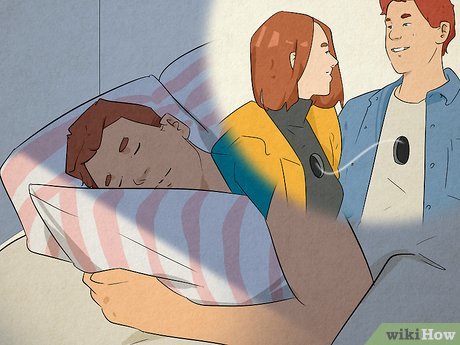Tatiane Spitzner

In July 2018, the Brazilian nation was shaken by a harrowing incident that shed light on the pervasive issue of domestic violence. The case of Tatiane Spitzner, a young lawyer from Guarapuava, Brazil, captured international attention as it unfolded a chilling narrative of abuse, control, and ultimately, tragedy. The events that led to her untimely death serve as a stark reminder of the urgent need for action against domestic violence and the importance of fostering awareness and support for its victims.
Tatiane Spitzner was a promising young professional, known for her vibrant personality and dedication to her work. She seemed to have a bright future ahead of her. However, behind closed doors, she endured a nightmare at the hands of her husband, Luis Felipe Manvailer. The relationship, once seemingly happy, had descended into a cycle of violence and manipulation.
The night of July 22, 2018, marked the culmination of Tatiane’s ordeal. Security camera footage from the couple’s apartment building captured chilling scenes of Tatiane desperately trying to escape from her enraged husband. Despite her pleas for help, she was dragged back into the apartment by Manvailer. Moments later, she fell to her death from the fourth-floor balcony.
The footage sparked outrage and disbelief as it circulated online and through media outlets. Many questioned how such a tragedy could occur, especially in a supposedly civilized society. The case reignited discussions about domestic violence and the systemic failures that allow it to persist.
As the investigation unfolded, details emerged about the extent of the abuse Tatiane had endured. Friends and family revealed that she had confided in them about the escalating violence in her marriage. She had sought help and even considered leaving Manvailer, but like many victims of domestic abuse, she faced numerous barriers to escape.
One of the most troubling aspects of the case was the response of bystanders. In the security footage, neighbors can be seen ignoring Tatiane’s cries for help or dismissing them as a private matter. This bystander apathy reflects a broader societal indifference towards domestic violence, where victims are often left to suffer in silence.
The trial of Luis Felipe Manvailer brought further attention to the case. Charged with Tatiane’s murder, he claimed her death was accidental, a result of a heated argument gone wrong. However, forensic evidence contradicted his version of events, suggesting a deliberate act of violence. Despite his attempts to evade responsibility, Manvailer was found guilty of Tatiane’s murder and sentenced to 31 years in prison.
While Manvailer’s conviction brought a semblance of justice for Tatiane and her family, it does little to address the underlying issues that contributed to her death. Domestic violence remains a pervasive problem in Brazil and around the world, affecting millions of individuals regardless of age, gender, or socioeconomic status.
The case of Tatiane Spitzner underscores the urgent need for greater awareness, support, and resources for victims of domestic violence. It highlights the importance of breaking the silence and stigma surrounding abuse and empowering survivors to seek help and escape dangerous situations.
In response to Tatiane’s tragic death, activists and advocacy groups have called for systemic reforms to address domestic violence more effectively. This includes implementing stronger legal protections for victims, improving access to support services such as shelters and counseling, and promoting education and awareness initiatives to challenge societal attitudes towards abuse.
Furthermore, the case has sparked conversations about the role of bystanders in preventing domestic violence. It serves as a reminder that intervention can save lives and that everyone has a responsibility to speak out against abuse and support those in need.
Tatiane Spitzner‘s story is a sobering reminder of the devastating impact of domestic violence and the importance of taking action to prevent future tragedies. Her memory serves as a rallying cry for change, a call to create a world where no one has to live in fear within their own home.
As we reflect on Tatiane’s life and legacy, let us recommit ourselves to the fight against domestic violence. Let us stand in solidarity with survivors, advocate for justice, and work towards a future where love is not synonymous with fear and where every individual has the right to live free from violence.





